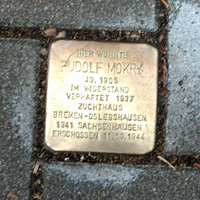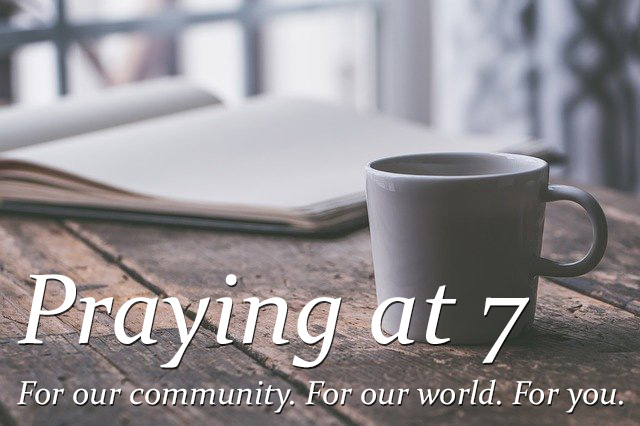When does a person become a Supreme Court Justice?
Is it when they are nominated to the position by the President and confirmed by the Senate?
Is it when they were appointed to a lifetime appointment on the Federal Bench?
Is it when they went to work for a prestigious law firm?
Is it when they served as a clerk for a Supreme Court justice?
Is it when they were admitted to a top law school?
Is it when they were admitted to their undergraduate institution?
Is it when they graduated from high school?
Is it when they attended a well funded and supplied elementary school?
Is it when they had access to health care and food on the table as a child?
Is it when their parent was paid a livable wage?
Is it when their mother had access to prenatal care?
The answer is, YES, to all of these. And the break in any one link the chain can close the door for a person sitting on the bench. When we speak of systemic racism, it is a recognition all of life is a connected system, and injustice in one link can have dramatic implications on another.
I am not a fan of affirmative action. I think that a person should be selected based solely on their skills and ability to perform the job. I think that colleges should not be required to admit certain students but should be allowed to choose the best and brightest regardless of skin color or gender. I think that employers should be allowed to have workforces that are made up of the best for the job and not be required to consider race or gender in their hiring practices. I think that the color of a person’s skin or whether they are male or female should not matter. We should base these opinions solely on who is the best for the job.
So what do we do when we see a lack of diversity in the workforce, on our college campuses, in government jobs, in the pulpits of our churches? We say the reason a woman, a Hispanic or an African American, was not hired for the job is that none applied, or there were none qualified who applied. And it is true. But it also hides another truth. The reason none were qualified is that none were given a chance to be qualified.
I wish I could say that left to themselves, employers, healthcare, church, and education systems will choose to do what is right. But we know better. Left to ourselves, we will all choose the path of greatest comfort and familiarity. A way that will not open the door. A path that will draw red lines around who is in and who is outside of our community. It is for these reasons these programs are put into place. On our own, we will remain blind to what we must do and have been doing.
When does a person become a Supreme Court Justice . . . today.
Blessings,
Stephen
Today’s resource is the video Uncomfortable Conversations with a Black Man shared with me by a friend. The video is produced by Emmanuel Acho who is a former NFL Player and current ESPN analyst. Acho answers many of the questions we have. Watch it HERE.
Dear white people,
— Emmanuel Acho (@thEMANacho) June 2, 2020
For days you’ve asked me what you can do to help. I’ve finally found an answer.
Let your guard down and listen. pic.twitter.com/74SVv8XOqp









